

Erasmus+ KA2


The context in which this project originates was deeply connected to the efforts of the EU for the development of a European Education Area by 2025, where spending time abroad to study and learn should become the norm. The project started off from the need to promote a fundamentally new approach towards transnational mobility opportunities for upper secondary school students in which the school plays a more active role in driving the process while offering high-quality learning experiences and ensuring recognition of the period(s) spent abroad. Upper secondary schools can in fact play a key role in educating the European citizens of the future by providing a transnational educational path and equipping them with the skills and competencies needed to access the tertiary education of the future, such as European universities.
The general objective of the project is to actively contribute to the construction of the European Education Area through the development of a model of European exchange and study programme among general upper secondary schools.
The specific objectives of the project are:
The project consists in a set of 6 transnational coordination meetings, two training seminars for teachers and two long-term mobility of students during which the Model was tested.
The project developed fuor products (Intellectual Outputs – IOs), which are the core results of this 36-month-long project:
IO1 consists of two principal deliverables
The Study Plan Model offers an exemplary sample of the preparatory work and documentation required to be collected, analysed, and processed utilising the DEEDS methodology for the development of transnational mobilities for upper secondary school students.
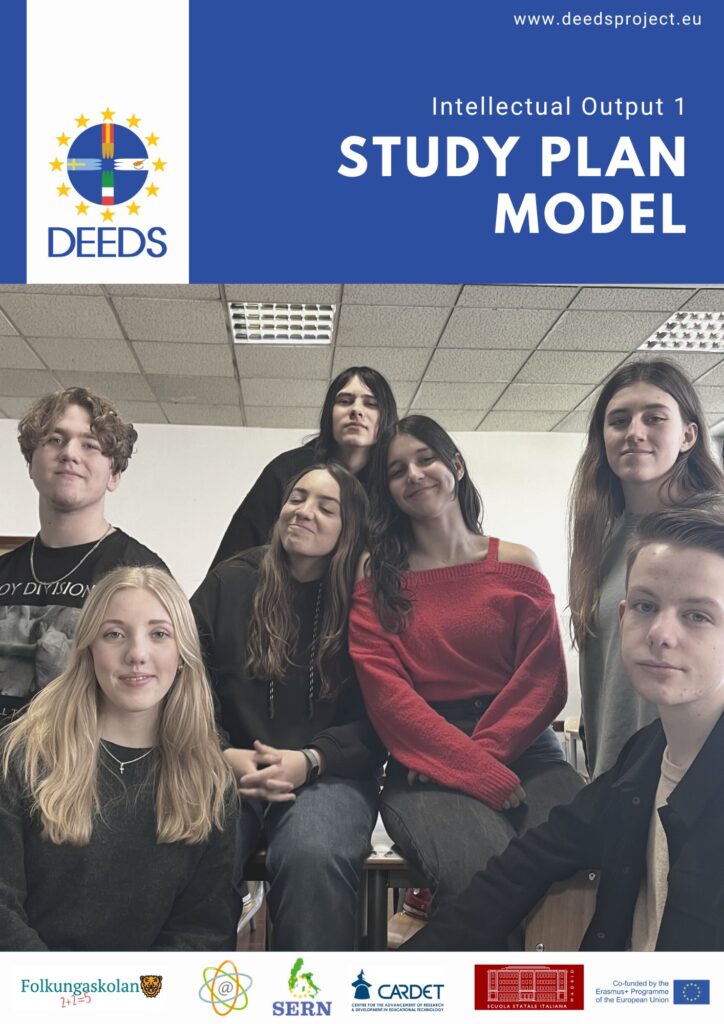
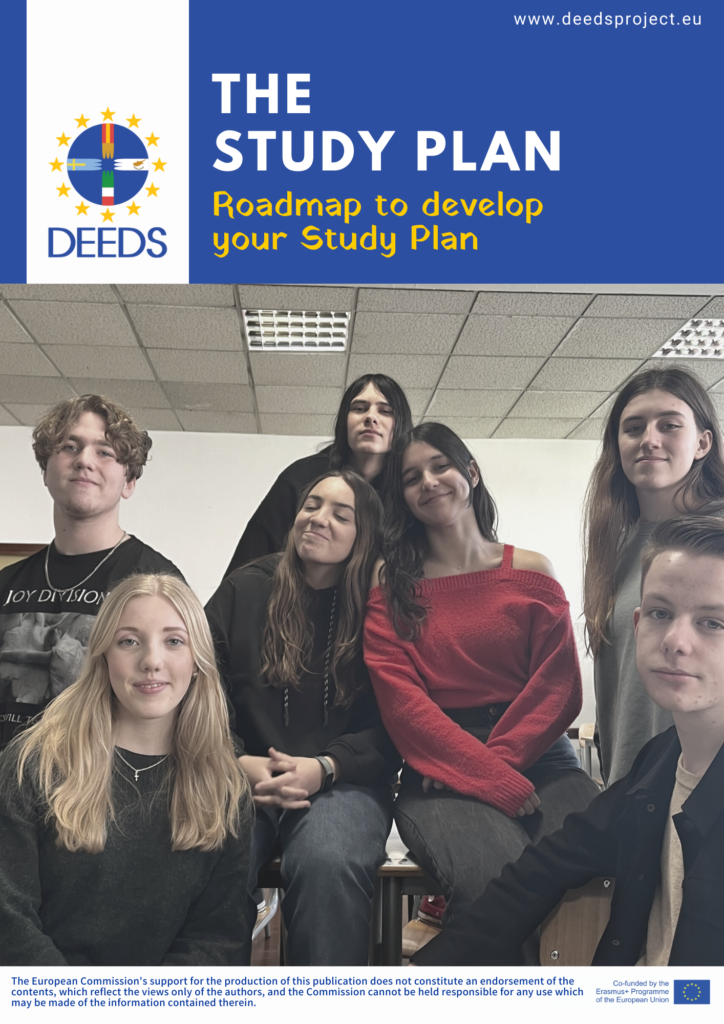
A set of proposed Assessment Tools to be employed by the participating schools in the framework of the joint study programme and more specifically during and after the mobility periods aiming to provide schools with the means of evaluating and accrediting exchange students with the necessary skills and competencies.
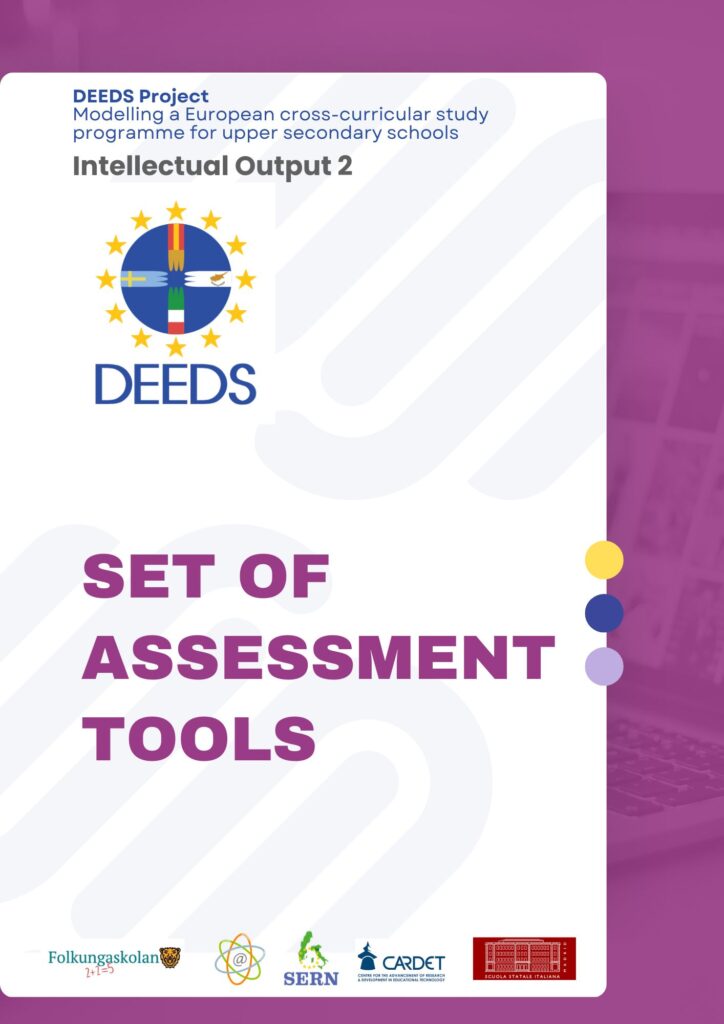
AOP aims to support participating schools in establishing the adoption of internal organisational and administrative procedures to ensure the smooth management and deployment of a given mobility. In particular, the AOP addresses four key areas:
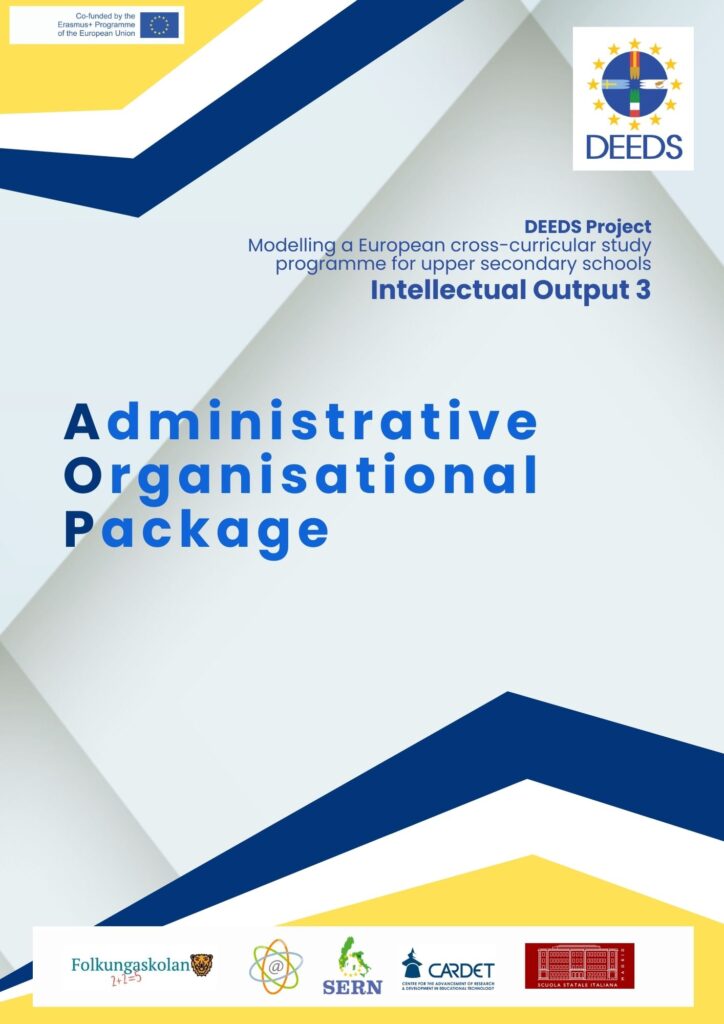
The platform offers an online training path to school communities, predominantly targeting teachers and administrative staff, facilitating their efforts in developing their own student exchange programmes/mobilities. By utilising the various intellectual outputs, it provides learners with interactive pathways linking theory and practice, ultimately:
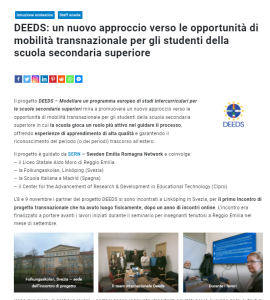
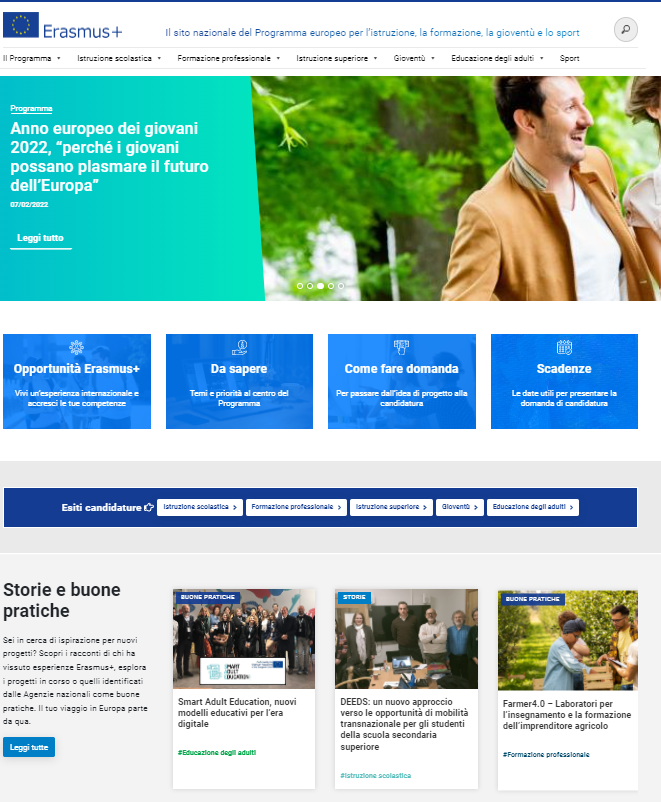

Our objective is to increase cooperation among the
members of the network, between Italy and Sweden
and, more in general, the North and South of
the European Union.
Stradone Martiri della Libertà, 15 – 43123 Parma (PR) – Italy | C.F.: 91251370374
Tel: +393483892600 – Website: www.sern.eu – Email: secretariat@sern.eu – PEC: secretariat@pec.sern.eu
© 2024 | All rights reserved | Privacy Policy | Cookie Policy